UNESCO urges ethical AI use in education, emphasizing human agency and investment in teacher-student training, as part of International Education Day 2025.
UNESCO encourages global discussion on opportunities and challenges of artificial intelligence (AI) in education within the International Education Day 2025 to be marked on Friday, January 24.
Under the theme “AI and education: Preserving human agency in a world of automation”, the international organization urges to explore how to protect and elevate human agency in an age of technological acceleration.
The Director-General of UNESCO, Audrey Azoulay, called on UNESCO's Member States to invest in training both teachers and students on the responsible use of this technology within the field of education.
“AI offers major opportunities for education, provided that its deployment in schools is guided by clear ethical principles. To reach its full potential, this technology must complement the human and social dimensions of learning, rather than replace them. It must become a tool at the service of teachers and pupils, with the main objective being their autonomy and well-being,”- she said.
UNESCO points out that the resources allocated by governments towards AI must be in addition to, and not divert from, the financial resources already committed to education, at a time when 1 in 4 primary schools still has no access to electricity and 60% are not connected to the Internet.
With its cross-cutting mandate for education, sciences, culture and information, UNESCO has been addressing the challenges posed by artificial intelligence for nearly ten years.
According to UNESCO, artificial intelligence is increasingly present in education, particularly in high-income countries, more than 2/3 of secondary school pupils are already using generative AI tools to produce schoolwork. Teachers are increasingly using AI to prepare their lessons and assess students' work.
However, education professionals still lack clear guidelines on these practices. Only 10% of schools and universities currently have an official framework for the use of AI, according to a survey of 450 institutions conducted by UNESCO in 2023. By 2022, only 7 countries had developed AI frameworks or programmes for their teachers, and only 15 included objectives on AI training in their national curricula.
At the same time, more and more countries are placing restrictions on the use of new technologies in the classroom. According to new data from UNESCO, almost 40% of countries now have a law or policy banning the use of mobile phones in schools – up from 24% in July 2023.

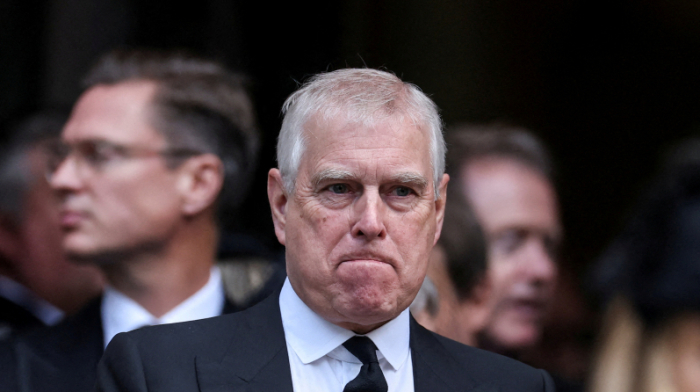
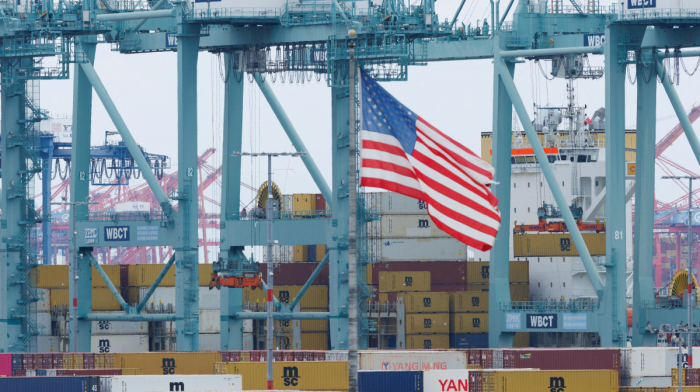

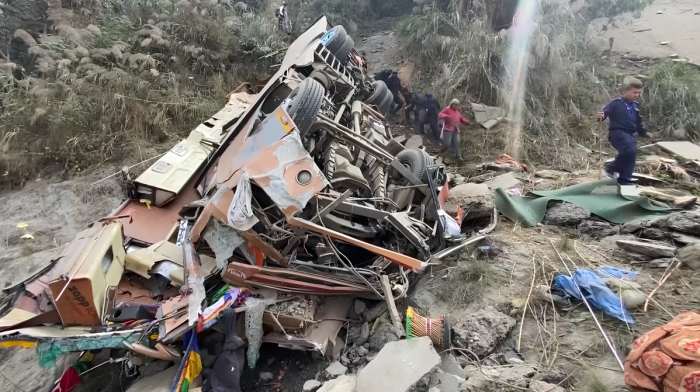
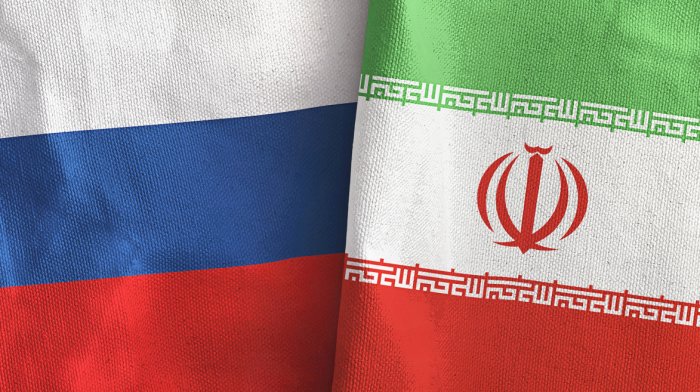



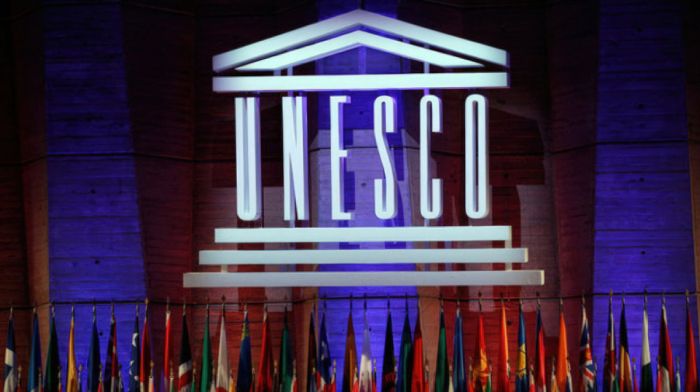
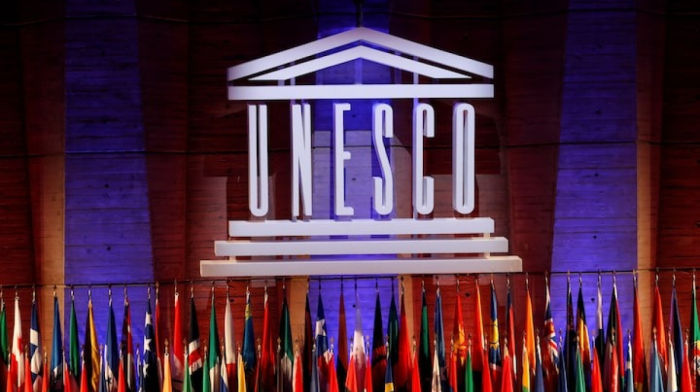
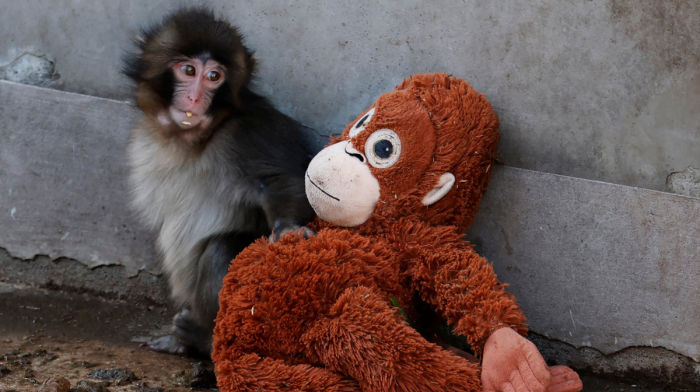

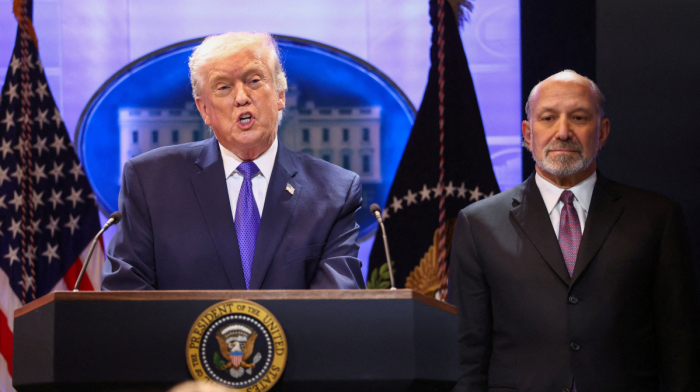
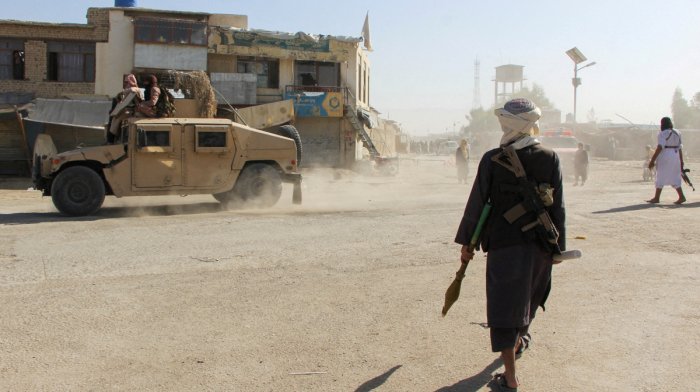
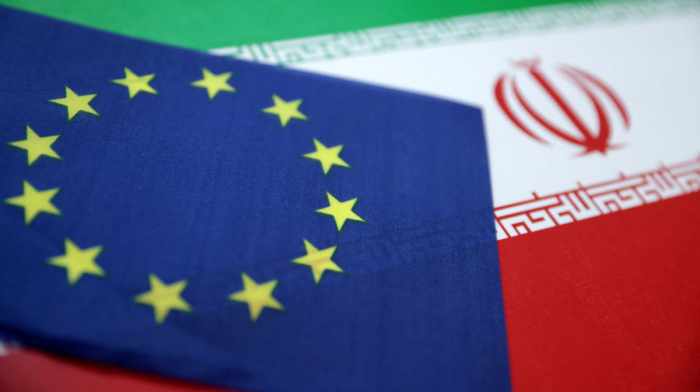
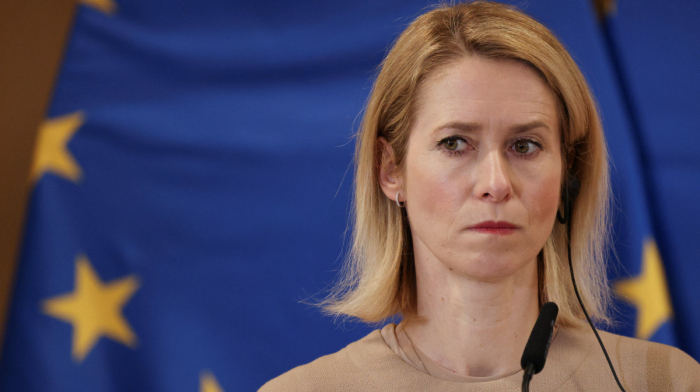



What is your opinion on this topic?
Leave the first comment